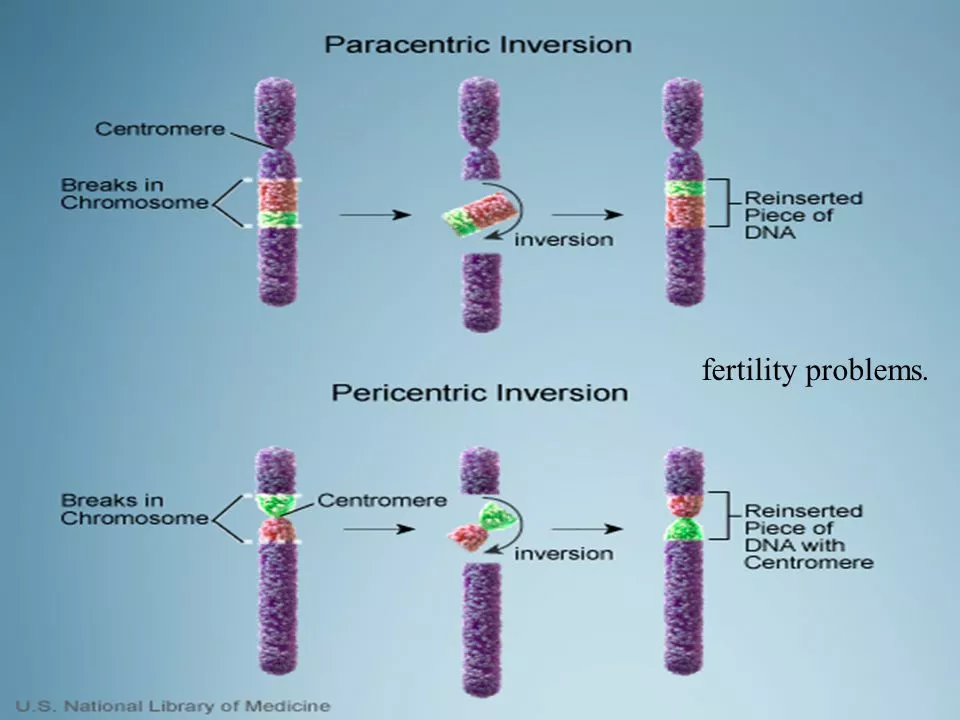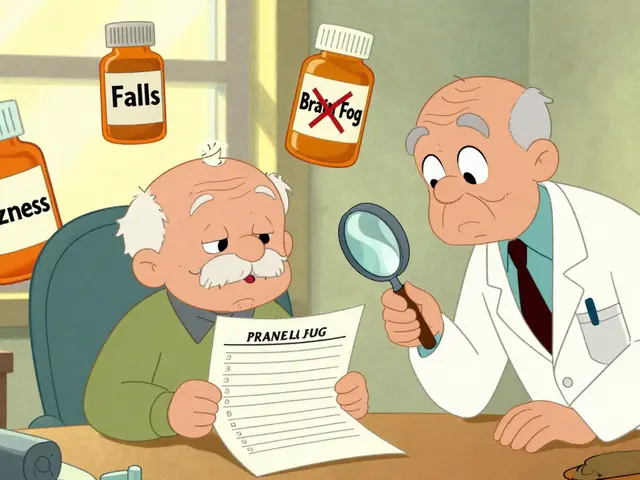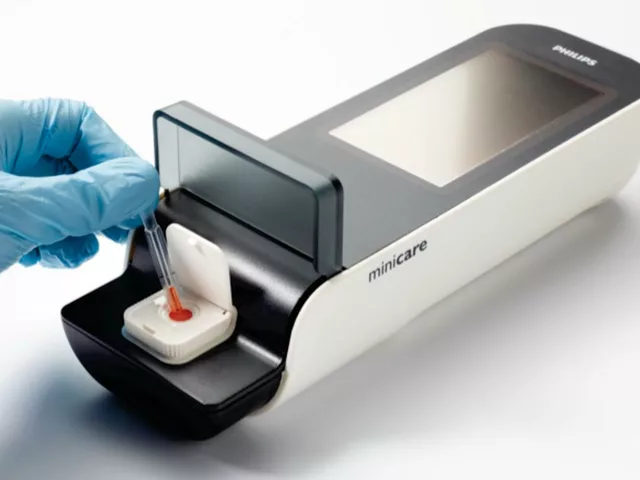Genetic Counseling: What to Expect and How to Prepare
Thinking about genetic counseling but not sure what happens? Genetic counseling helps you understand inherited risks, testing options, and what results mean for you and your family. A counselor talks through medical history, breaks down complex test results in plain language, and helps you weigh options — not just give orders.
When to consider genetic counseling
Consider seeing a genetic counselor if you have: a strong family history of a specific disease (like breast, ovarian, or colon cancer), multiple family members with the same condition, a child with unexplained developmental delays, or if you’re pregnant and worried about inherited conditions. You might also want counseling before IVF, egg/sperm donation, or if a relative tested positive for a known genetic variant.
It’s also okay to ask for counseling even if you don’t have a big family history. Some people want clarity because they’re planning a family, making health screening choices, or simply want peace of mind.
How to prepare for your appointment
Bring basic facts and records: a list of close relatives (parents, siblings, grandparents), ages and any diagnoses, copies of medical records or previous genetic tests, and a list of medications. If possible, talk to relatives ahead of time and gather details like age at diagnosis and cause of death. That makes the session faster and more useful.
Write down specific questions in advance. Good ones include: What tests do you recommend and why? How accurate are these tests? How long for results? What will a positive, negative, or unclear result mean for me? How will this affect my children or other relatives? What are the costs and will insurance cover it?
Expect the counselor to explain testing limits. Tests can show a pathogenic variant (an actionable change), a benign change, or a variant of uncertain significance (VUS) that needs more study. Not every test gives clear answers, and sometimes follow-up testing of other family members is needed.
Ask about logistics: many clinics offer telehealth visits, which work well for history review and consent. Some tests need a blood draw or saliva kit you can do at home. Turnaround time varies — a few days to several weeks — depending on the test complexity.
Think ahead about emotional support. Learning about genetic risk can be stressful. Counselors don’t just cover science; they help with coping strategies and can refer you to support groups, psychologists, or specialty clinics when needed.
After results, the counselor will outline clear next steps: increased screening, lifestyle changes, preventive options, or referrals to specialists. They’ll also discuss when and how to share results with relatives, because family members may also benefit from testing or early screening.
If you want to find a counselor, ask your primary care doctor for a referral, check hospital genetics clinics, or search the National Society of Genetic Counselors directory. If you’re unsure whether you need counseling, a short phone consult can often clear things up fast.




